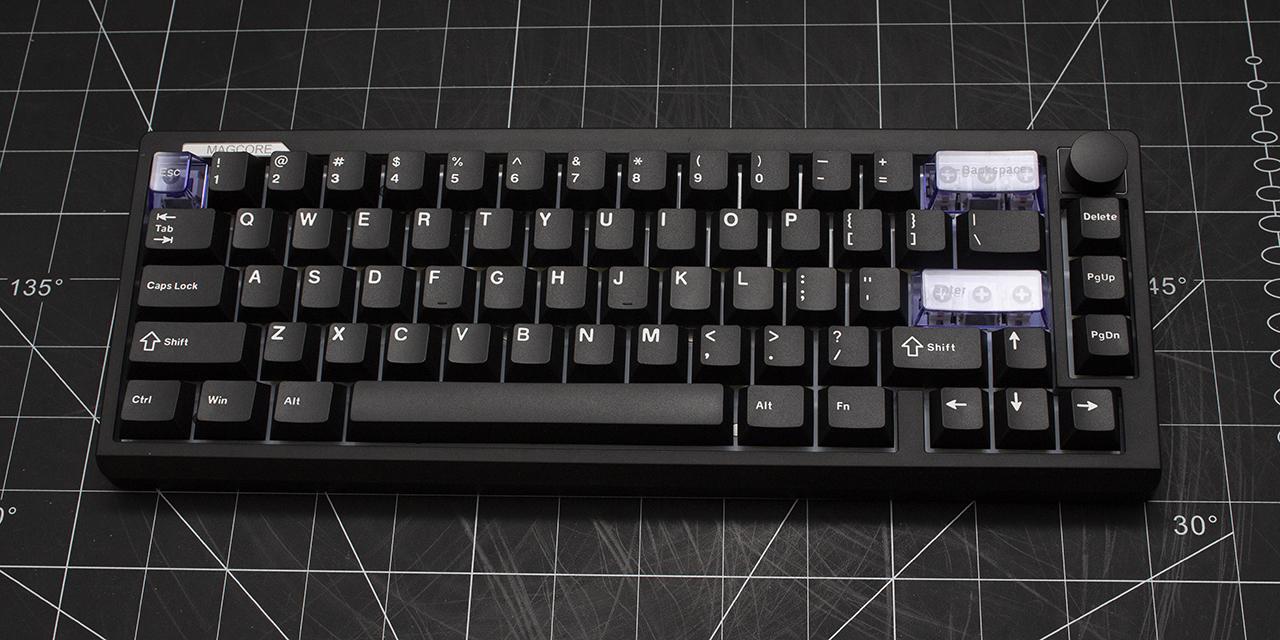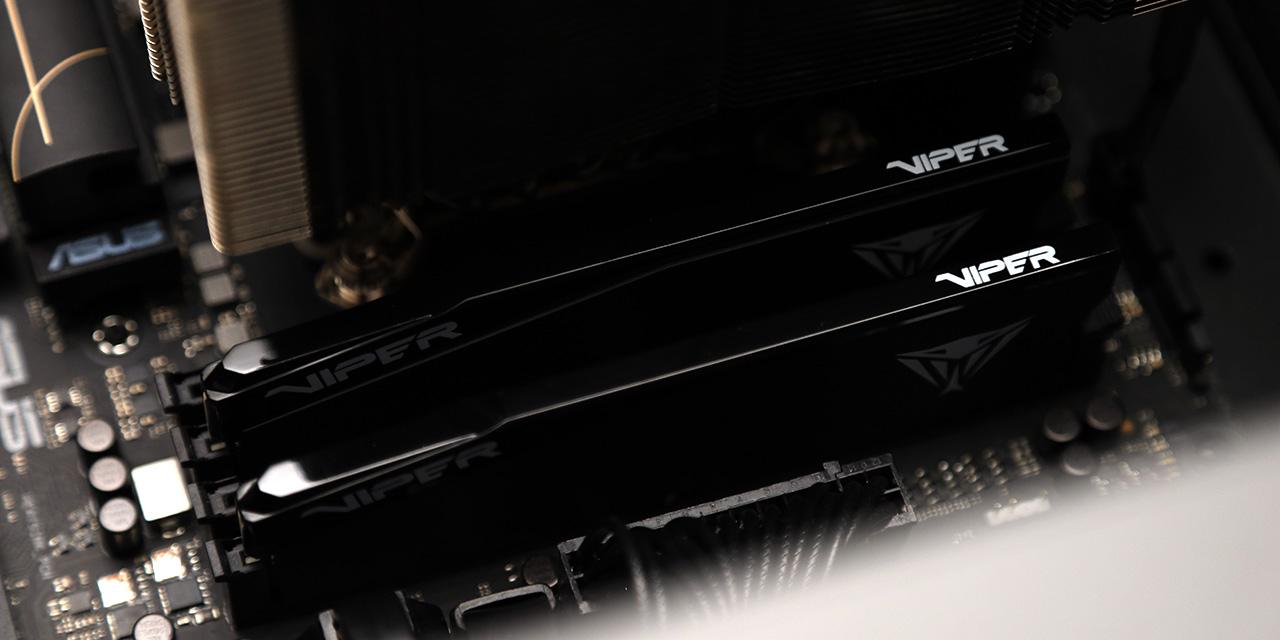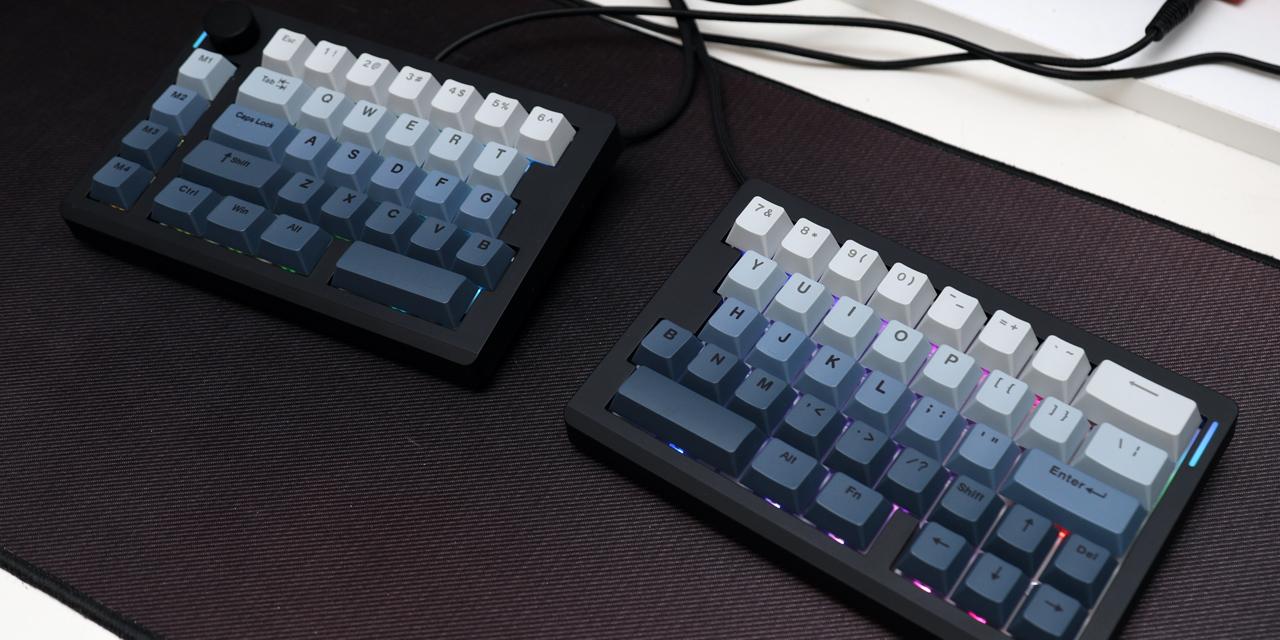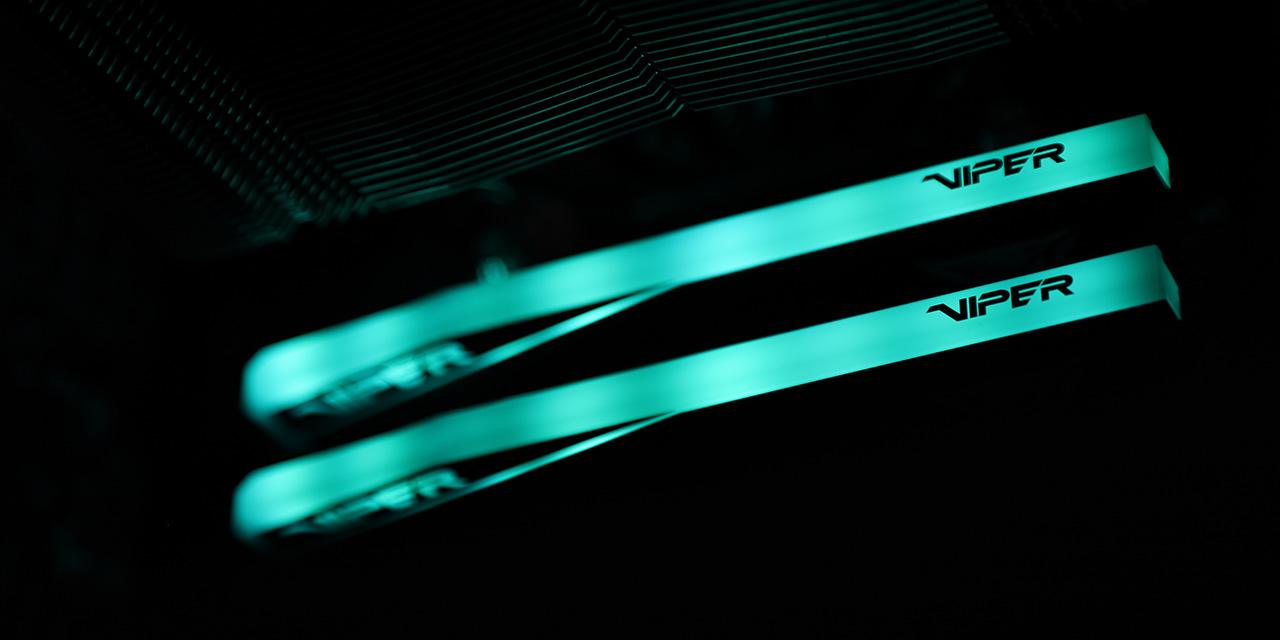|
From X-bit Labs: ARM Holdings, a developer of low-power microprocessor architectures, blamed the lack of Adobe Flash support by ARM processors for postpones of smartbook computers. In addition, a vice president of ARM indicated that unexpected popularity of slate-type systems also caught potential smartbook makers unprepared and forced them to either delay smartbooks or reconsider their plans in general. One of the biggest issues of ARM processors – besides natural incompatibility with software written for x86 microprocessors in general – is the lack of support of Adobe Flash, which powers the vast majority of multimedia available on the Internet. Since smartbooks are supposed to be always connected, Flash support is crucial for their success, no surprise that few companies want to reveal ARM-based devices that do not feature this important technology. An exception is Apple, which launched its iPad tablet without Flash, multi-tasking and other vital technologies, but still managed to sell a million of its slates. However, companies who actually care about their clients are waiting for Adobe to implement Flash on ARM-powered systems. "We thought [smartbooks] would be launched by now, but they're not. I think one reason is to do with software maturity. We have seen things like Adobe slip – we had originally scheduled for something like 2009. Our target is mostly internet machines — it becomes sort of a requirement that they run the internet," Drew said. "[The delay in optimising] Flash has stalled it,” said Ian Drew, vice president of marketing at ARM, in an interview with ZDNet UK. ARM and Adobe signed a pact in late 2008 that was intended to see Flash Player 10 and Air optimized for ARM-based systems. However, so far the world has not seen any results of this partnership. There are other factors that also caused postpones for smartbooks. According to the vice president of ARM, the sudden explosion of interest in the tablet form-factor had "confused" some manufacturers that had been considering ARM-based smartbooks, which tend to resemble laptops, thus further delaying smartbooks' advent. View: Article @ Source Site |
 |
ARM Blames Adobe Flash for Delays of Smartbooks
© Since 2005 APH Networks Inc. All trademarks mentioned are the property of their respective owners.





